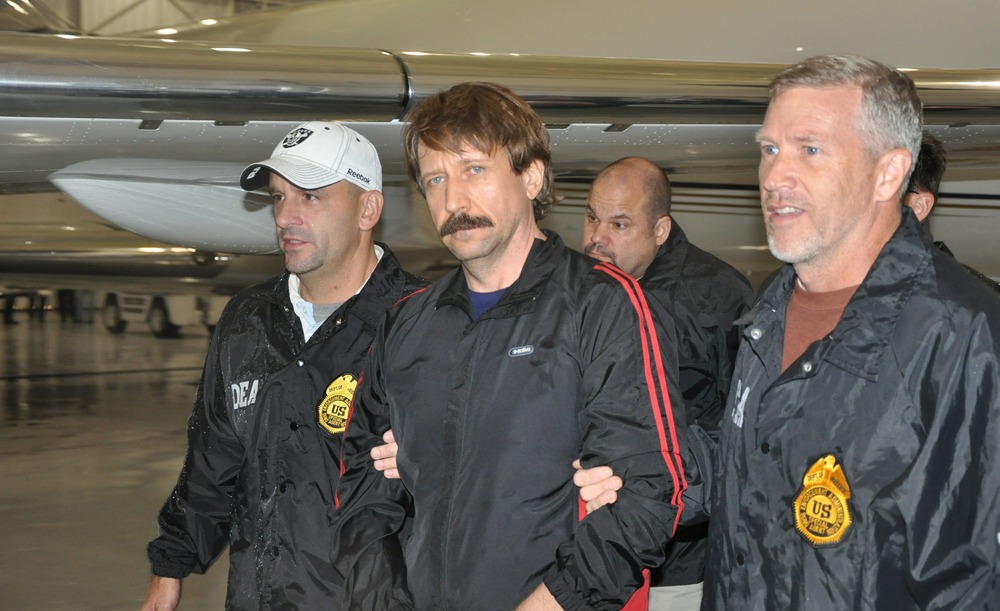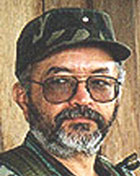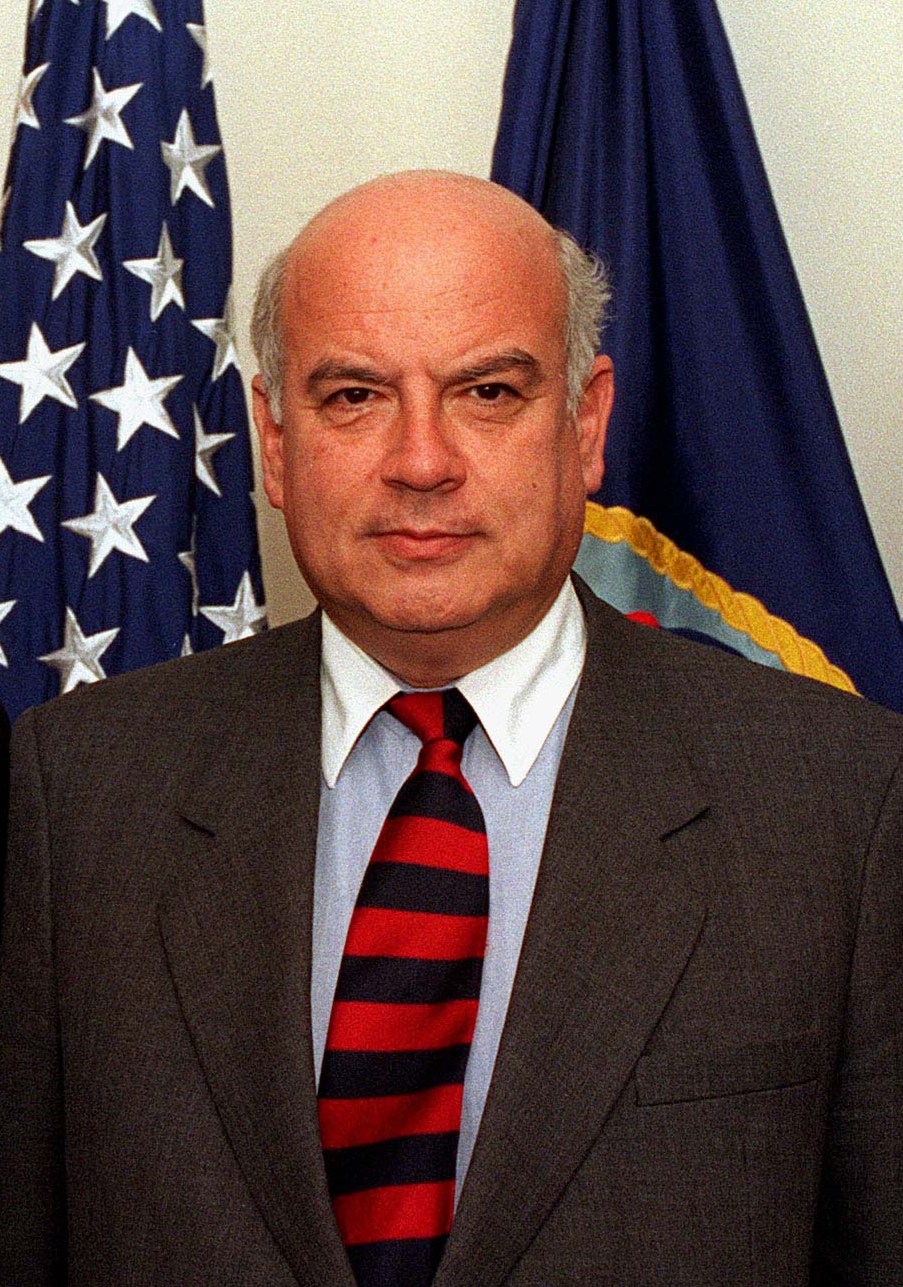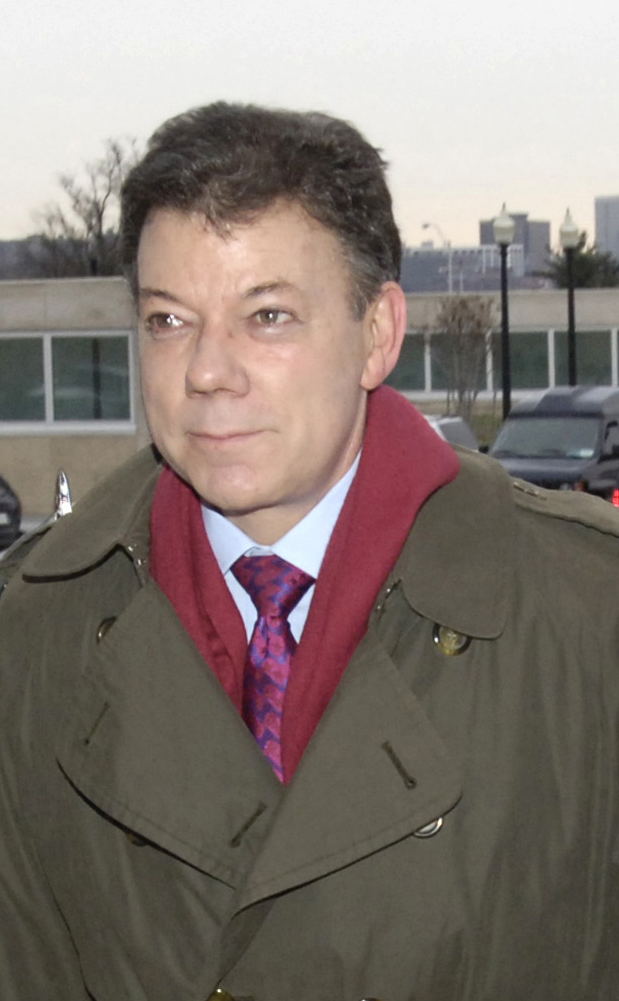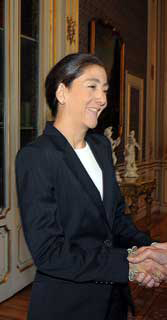Si tienen más datos, envíenlos, por favor.
Quienes quieran pensar que el precio fuera de Venezuela es muy alto cuando calcula en dólares oficiales o no oficiales deben tener en cuenta lo siguiente: lo realmente importante es calcular el precio según el poder adquisitivo. Visto de otra forma: cuántas horas tiene que trabajar una persona promedio en Venezuela o en Alemania para comprar un kilo de una harina que debería ser producido en el primer país y que es un producto importado para consumo de un grupo de inmigrantes en el otro.
| Sitio | País | Precio | Moneda | En € |
| Sandnes | Noruega | 35 | NoK | 4,17 |
| Stavanger | Noruega | 30 | NoK | 3,59 |
| Copenhague | Dinamarca | 25 | coronas danesas | 3,39 |
| Augsburgo | Alemania | 2,99 | euro | 2,99 |
| Lansberg am Lech | Alemania | 2,99 | euro | 2,99 |
| Fráncfort | Alemania | 2,9 | euro | 2,9 |
| Kaufbeuren | Alemania | 2,9 | euro | 2,9 |
| Zürich | Suiza | 3,5 | franco suizo | 2,9 |
| Varsovia | Polonia | 12 | sloty | 2,85 |
| Washington DC | EUA | 3,59 | dólar EUA | 2,83 |
| Hamburgo | Alemania | 2,8 | euro | 2,8 |
| Louvain-La-Neuve | Bélgica | 2,8 | euro | 2,8 |
| Bergen | Noruega | 23 | NoK | 2,74 |
| Calgary | Canadá | 3,75 | dólar canadiense | 2,63 |
| Munich | Alemania | 2,55 | euro | 2,55 |
| Braunau | Austria | 2,55 | euro | 2,55 |
| Hanau | Alemania | 2,5 | euro | 2,5 |
| Mons | Bélgica | 2,5 | euro | 2,5 |
| Hasselt | Bélgica | 2,5 | euro | 2,5 |
| Estrasburgo | Francia | 2,5 | euro | 2,5 |
| Estocolmo | Suecia | 23 | corona sueca | 2,5 |
| Berlín | Alemania | 2,45 | euro | 2,45 |
| Maastricht | Países Bajos | 2,45 | euro | 2,45 |
| Kerkrade | Países Bajos | 2,4 | euro | 2,4 |
| Carolina del Norte | EUA | 2,99 | dólar EUA | 2,36 |
| Miami | EUA | 2,99 | dólar EUA | 2,36 |
| Braine-Le-Compte | Bélgica | 2,3 | euro | 2,3 |
| Turnhout | Bélgica | 2,25 | euro | 2,25 |
| Aquisgrán | Alemania | 2,2 | euro | 2,2 |
| Erlangen | Alemania | 2 | euro | 2 |
| Génova | Italia | 2 | euro | 2 |
| Amberes | Bélgica | 1,99 | euro | 1,99 |
| Gante | Bélgica | 1,99 | euro | 1,99 |
| Barcelona | España | 1,99 | euro | 1,99 |
| Sevilla | España | 1,99 | euro | 1,99 |
| Los Angeles | EUA | 2,5 | dólar EUA | 1,97 |
| Oviedo | España | 1,95 | euro | 1,95 |
| Amsterdam | Países Bajos | 1,95 | euro | 1,95 |
| Bruselas | Bélgica | 1,9 | euro | 1,9 |
| Murcia | España | 1,9 | euro | 1,9 |
| Londres | Reino Unido | 1,5 | libra | 1,9 |
| Montreal | Canadá | 2,5 | dólar canadiense | 1,76 |
| Alicante | España | 1,7 | euro | 1,7 |
| Madrid | España | 1,69 | euro | 1,69 |
| Murcia | España | 1,6 | euro | 1,6 |
| Tenerife | España | 1,53 | euro | 1,53 |
| Marburg | Alemania | 1,5 | euro | 1,5 |
| Figueres | España | 1,5 | euro | 1,5 |
| Bogotá | Colombia | 2,67 | peso | 1,02272 |

